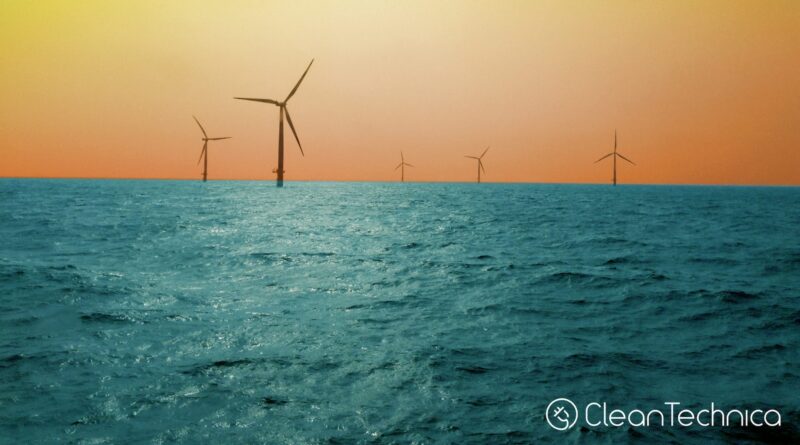Europe’s Longest Gondola Line Opened In Paris
Gondolas are not the biggest type of public transit globally, but they are fun. Well, for some of us they are — I rode on one with my wife about 13 years ago in Barcelona and she felt absolutely sick and had to sit down. Anyway, they are not really … [continued]










